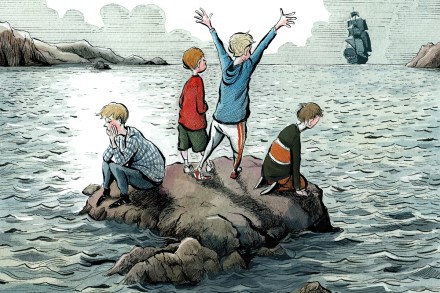Does the government’s plan really approach ‘significant normality’?
12 min listen
In a press conference from Downing Street today, Boris Johnson set out the road to ‘significant normality’ – but not until November. It’s a more cautious position than had been previously briefed, but is even this timeline too optimistic? John Connolly talks to James Forsyth and Fraser Nelson.



















